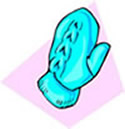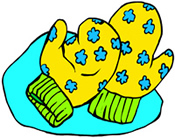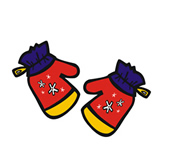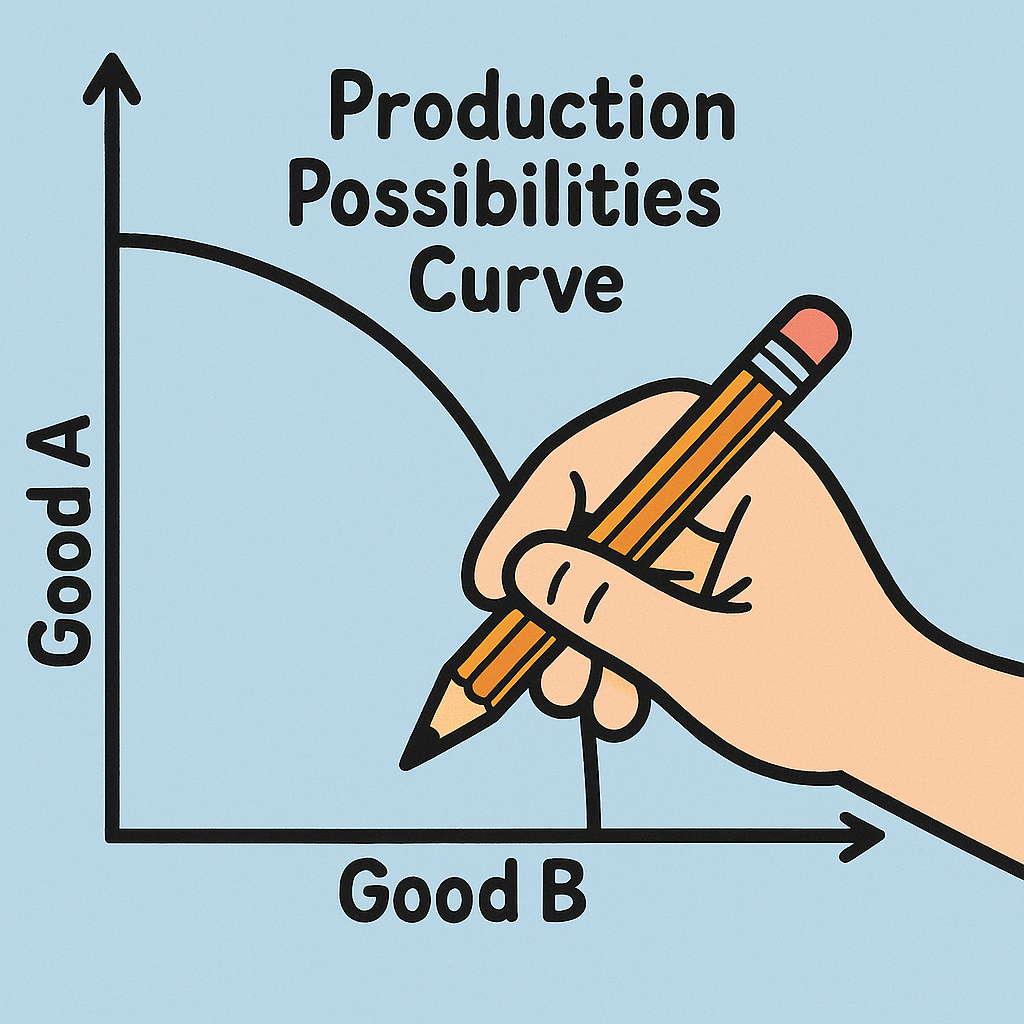
Grades 6-8

Don't have an account yet? Sign up for free
Don't have an account yet? Sign up for free


This is a folktale retold by Jan Brett about a little boy whose grandmother knits him a pair of snow white mittens. While he is outside he loses one and some animals, one by one, find it and move in because it looks warm. This story demonstrates scarcity of space and what happens when this occurs.
 Introduce the story to the students. Explain that it is a story about a little boy who loses his snow-white mitten in the snow. Some small animals find the mitten and move into it, thinking that it would make a good home. Then some funny things begin to happen.
Introduce the story to the students. Explain that it is a story about a little boy who loses his snow-white mitten in the snow. Some small animals find the mitten and move into it, thinking that it would make a good home. Then some funny things begin to happen.
The story shows some ways in which things can go wrong when there isn’t enough of something to go around.
Students will be able to:
Read the book The Mitten.
Ask the students to try to remember all of the animals that moved into the mitten. Encourage them to try to name the animals in order. Have them list the animals they name on the board or on a large sheet of paper-perhaps a sheet cut in the shape of a mitten. (A possible option for older students: have them write their lists secretly; then post all their listed items on the board. Individuals then can check their lists against the class list.)

Begin a discussion by asking the students why the animals all wanted to get into the mitten. Then ask why we like to have a nice warm place to live, too. Next ask what happens when several people want to live in a place where there isn’t enough space for all of them. Explain that when there isn’t enough of what is wanted, that is called scarcity.
Remind the students that all of the animals wanted to live in the mitten, but it was made to fit a small boy’s hand; it was not large enough for eight animals to live in. Which animals might have actually fit? Why those animals? Why not the others? Was it the largest or the smallest animal that finally burst the mitten? Why was it the smallest? As you discuss these questions, help the students to see how the story illustrates the concept of scarcity of space.
Use this mitten worksheet to help the students recall the order in which the animals entered the mitten. Copy enough worksheets for each child to have one. Provide each child with a half sheet of construction paper. Read the directions. Emphasize not putting glue on the bottom edge of the mitten–so that the animals can fit inside it. After the mittens are dry you may want to trim the excess construction paper from the mittens. Provide enough time for the students to put the animals inside the mittens, in order.
Click the following link for an interactive activity. Read the directions aloud. Remind the students that the animals have to be put into the mitten in order, or they won’t be able to go in at all. A mole is the first animal to discover the mitten, and he crawls inside, followed by a snowshoe rabbit, a hedgehog, an owl, a badger, a fox, a bear, and finally a mouse. The mouse causes the bear to sneeze; the mitten and all its occupants go flying.
Remind the students that scarcity is what occurs when there isn’t enough of something to meet the demand for it. In The Mitten there was a scarcity of space. Ask the students if they have ever experienced scarcity. Pose a couple of examples.
On chart paper, list some things that can be scarce across the top (to create columns). Call on the students to contribute to the list. You may need to prompt them-e.g., not enough places for people to live in a big city, not enough money, not enough food.
Now, in each column, ask the students to think of ways to solve these scarcity problems-e.g., build taller buildings, get a job, plant more crops, etc.
Ask the students how they think the animals could have avoided the big mess at the end of the story. How might the animals have solved their scarcity problem in a different way?

Use thisStudent Handout to assess the students’ knowledge of the story and the topics covered in the lesson. Copy enough worksheets for each child to have one. If necessary, read the directions and the questions aloud. The teacher will need to make sure they focus on reviewing/mentioning questions 3-5 in the lesson as they expand on the concept of scarcity beyond the story.

Grades 6-8

Grades 9-12

Grades 9-12

Grades K-2, 3-5
